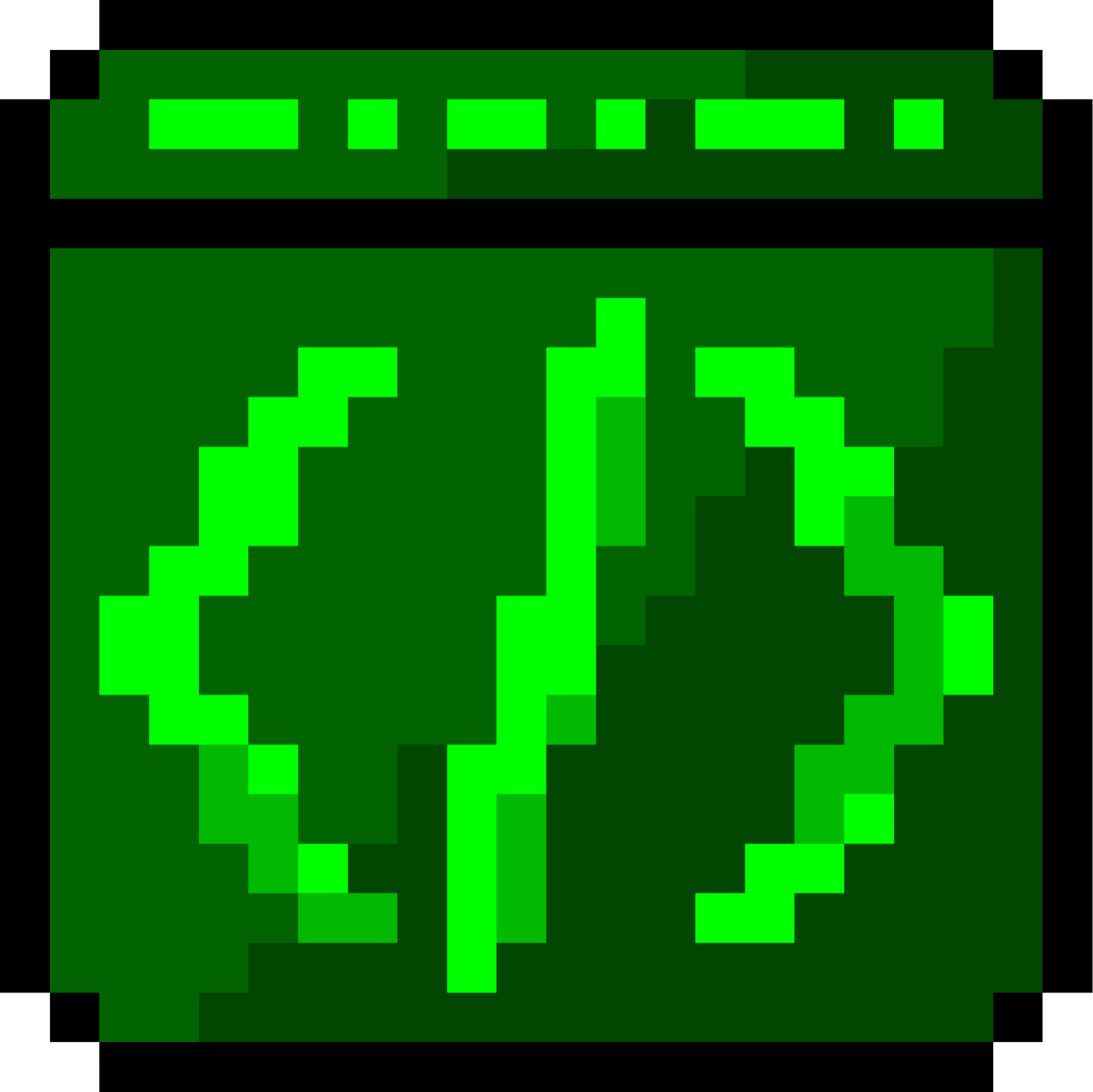892 reads
Building a Web3 Play-To-Earn Money Dapp with React, Solidity, and CometChat
by
August 21st, 2023
Audio Presented by
Story's Credibility





About Author
Blockchain Developer | YouTuber | Author | Educator



Blockchain Developer | YouTuber | Author | Educator